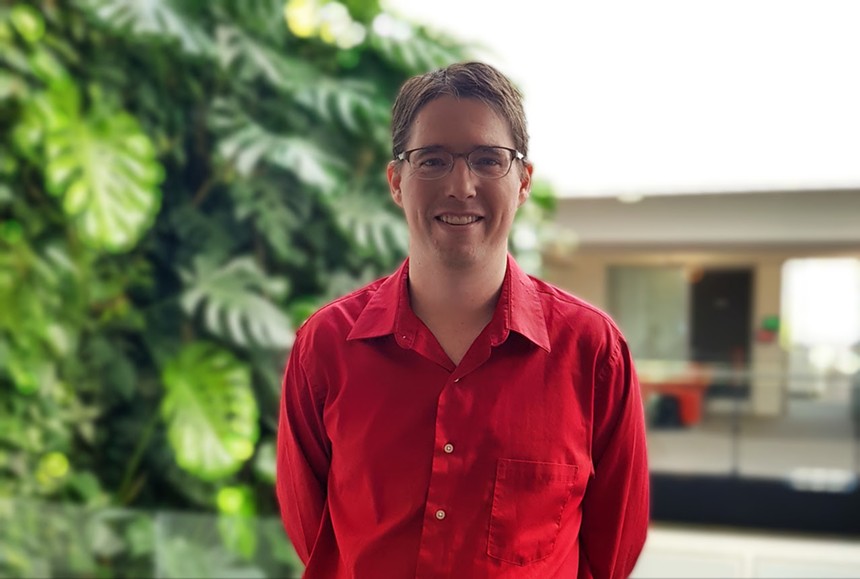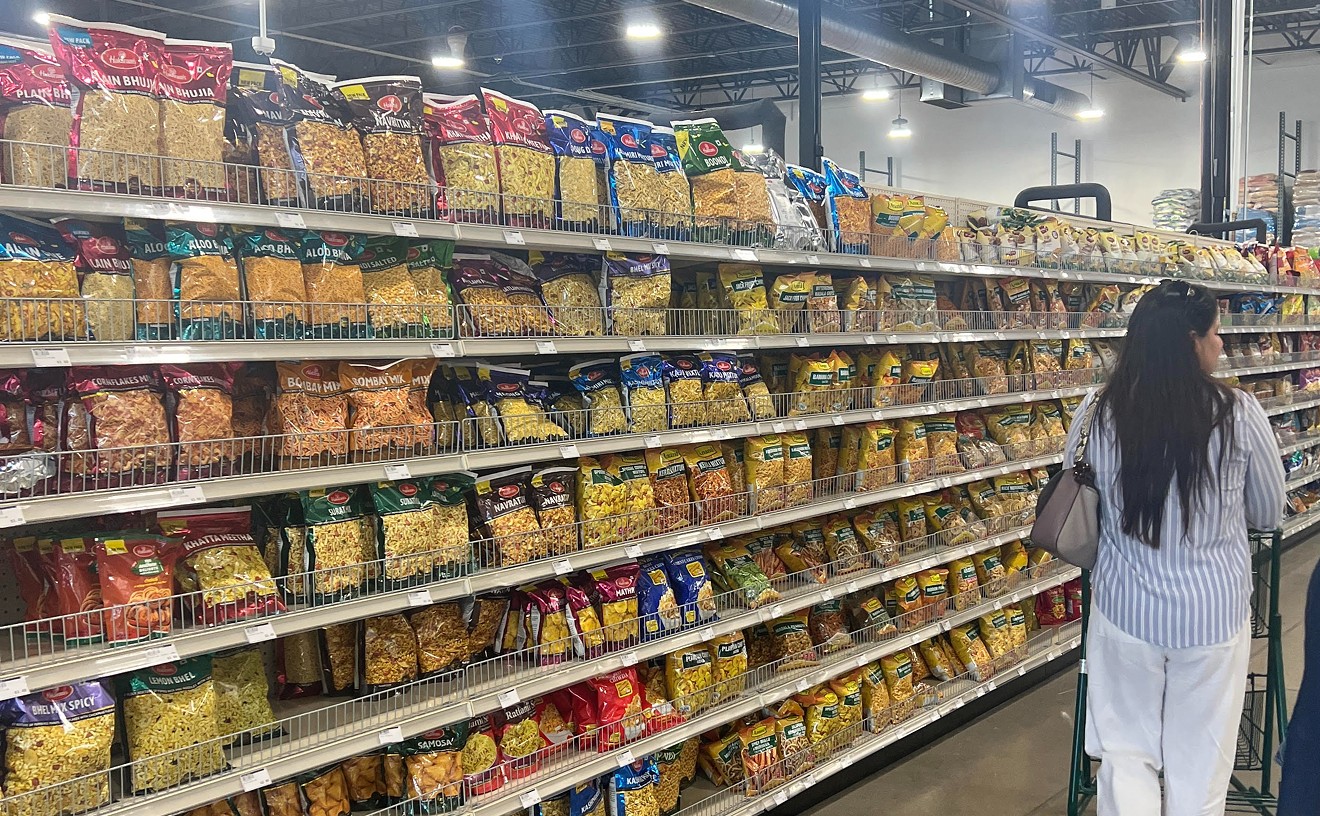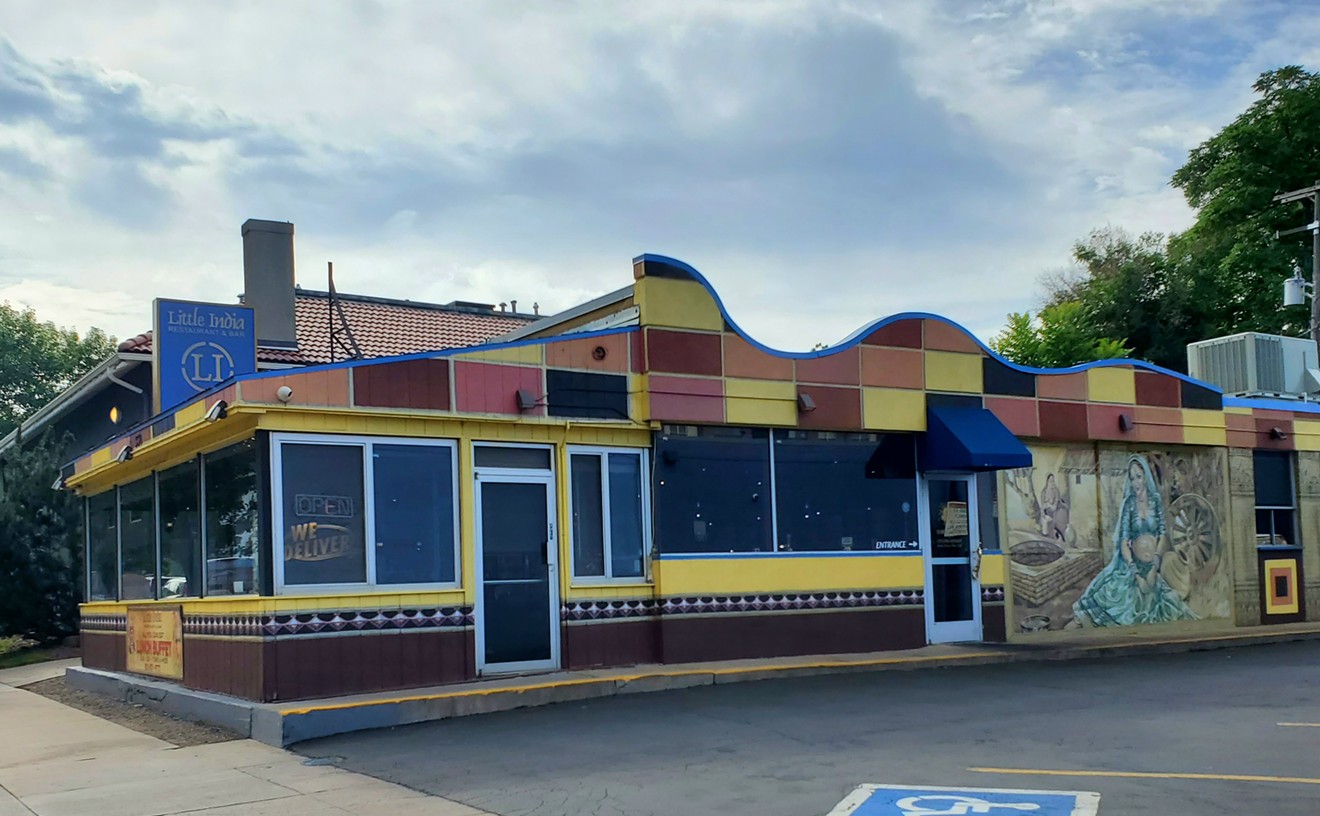When you need to feed a post-apocalyptic world, who you gonna call? ALLFED — the Alliance to Feed the Earth in Disasters.
The organization was founded in 2017 by Ray Taylor and David Denkenberger, who holds various engineering degrees including a Ph.D. in civil engineering from the University of Colorado at Boulder (2010). It uses an address in Lafayette as its headquarters, but its 26-person team is spread across the globe and works remotely to continue developing and testing the ideas from the 2015 book Feeding Everyone No Matter What, which was co-authored by Denkenberger.
His interest in resilient food systems was sparked by a line in a paper titled Fungi and Sustainability by Ron Spinosa: “If the worst should occur, we can rest assured that fungi will rescue our planet again, perhaps even preparing a suitable habitat for future intelligent life.”
Denkenberger recounted the story in an episode of the 80,000 Hours podcase. “Wait, why don’t we just eat the mushrooms and not go extinct?” he recalled thinking.
“After publishing Feeding Everyone No Matter What in 2015, I realized we must do more than publish research — we must help governments and the private sector develop preparedness and response plans and increase their resilience in case of a catastrophe that could decimate global food production or access to that food. This is how ALLFED was born,” Denkenberger says.
The typical human adult needs 2,100 calories per day and, according to Insights for Impact, our global food system currently produces 5,600 calories per person per day. But the global food system relies on the sun to keep shining, folks to keep working, fertilizer supply, effective pesticides, pollinators like bees, the electric grid and a thousand other factors — and disasters have and will continue to impact those dependencies.
“For example, the 1815 eruption of the Tambora volcano in Indonesia led to the deaths of at least 80,000 people from disease and starvation,” says Laura Jessie Cook, senior communications director for ALLFED. “The eruption resulted in what became known as the Year without a Summer in 1816, as global temperatures dropped by as much as 3°C, and the sun was shrouded by a mist of soot and ash."
While a super-volcano, an asteroid/comet impact or nuclear war could block out sunlight in large areas for years, possibly even up to a decade, ALLFED believes the most likely scenario is a human-caused or natural catastrophe such as extreme weather events, pollinator loss and/or super crop disease, which could cause a 5 to 30 percent reduction in food production capacity.
“There are currently no alternatives, no backup plans to ensure survivors can still access the nutrition they need,” notes ALLFED's website. “If a catastrophe occurs that is large enough to reduce food production by 5 percent or more, then loss of food will likely kill far more people than the catastrophe itself directly.”
Storing food that could supply a large population for just three to nine months following a catastrophic event requires extreme coordination and foresight by today’s governments and a significant monetary investment. Plus, doing so would spike food prices to a level that would itself lead to starvation.
Some low-tech solutions include eating bark, insects and rats; diverting edible food out of animal feed for human consumption; relocating crop production to the equator; boiling leaf juice for protein (which results in a texture similar to tofu); and expanding fishing operations to the deep sea.
ALLFED is also researching high-tech solutions — work that has attracted NASA’s attention for its space food program. Examples include turning petroleum wax into fat and sugar; using microorganisms capable of digesting methane from natural gas to create protein; and feeding carbon dioxide and electricity to a type of microbe that can digest electricity directly for acetic acid (think vinegar, aka apocalypse salad dressing).
The organization’s funding mostly comes from donations from individuals and philanthropists, including Denkenberger, who has donated 50 percent of his income for the last eight years. ALLFED has close ties to the Effective Altruism movement and Denkenberger posts highlights and annual updates on its forum. Those who wish to support the organization can visit its website to volunteer or donate.
“Almost ten years on from the publication of my book, we have made significant strides in developing resilient food solutions that could be implemented before or after a catastrophe,” says Denkenberger. “Our recent collaborations with the Argentine and Australian governments have been exciting developments, showing there is real potential for developing robust preparedness and response plans that could save millions of lives in a catastrophe. We are truly committed to ensuring that should the worst case happen, we really can feed everyone, no matter what.”
[
{
"name": "Air - MediumRectangle - Inline Content - Mobile Display Size",
"component": "12017618",
"insertPoint": "2",
"requiredCountToDisplay": "2"
},{
"name": "Editor Picks",
"component": "17242653",
"insertPoint": "4",
"requiredCountToDisplay": "1"
},{
"name": "Inline Links",
"component": "18838239",
"insertPoint": "8th",
"startingPoint": 8,
"requiredCountToDisplay": "7",
"maxInsertions": 25
},{
"name": "Air - MediumRectangle - Combo - Inline Content",
"component": "17261320",
"insertPoint": "8th",
"startingPoint": 8,
"requiredCountToDisplay": "7",
"maxInsertions": 25
},{
"name": "Inline Links",
"component": "18838239",
"insertPoint": "8th",
"startingPoint": 12,
"requiredCountToDisplay": "11",
"maxInsertions": 25
},{
"name": "Air - Leaderboard Tower - Combo - Inline Content",
"component": "17261321",
"insertPoint": "8th",
"startingPoint": 12,
"requiredCountToDisplay": "11",
"maxInsertions": 25
}
]












